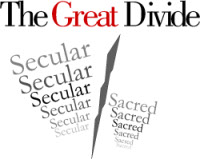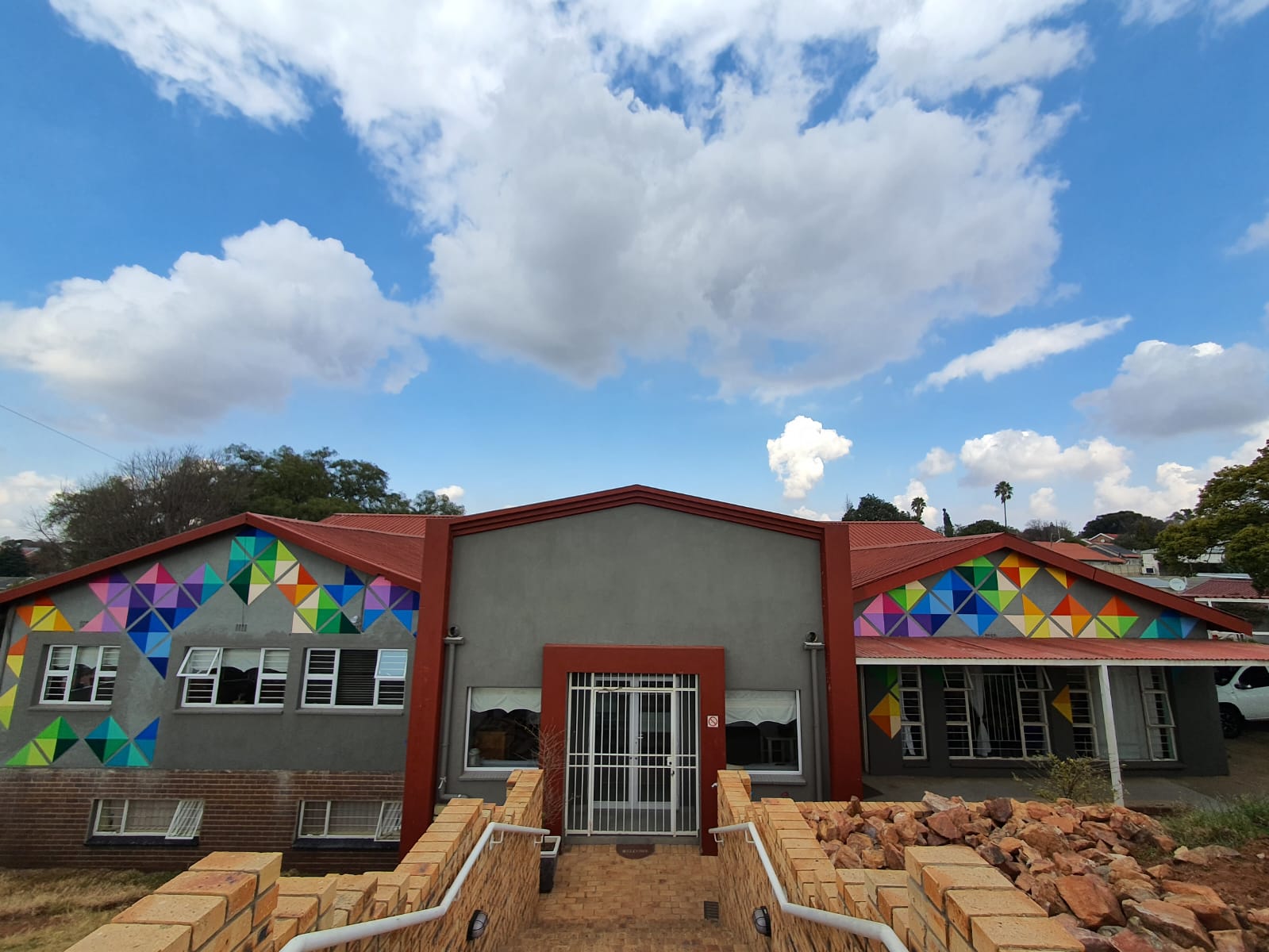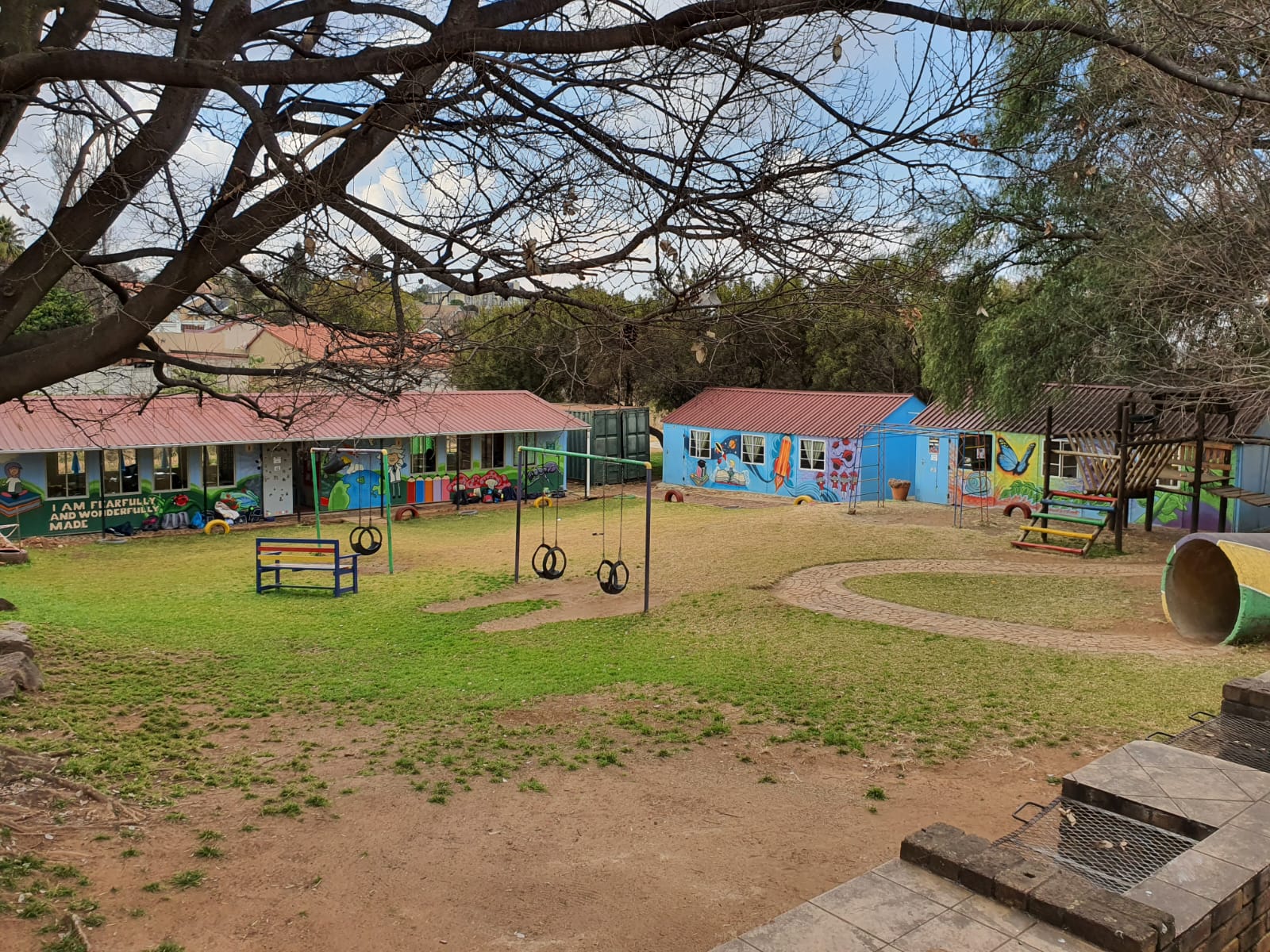



Sacred vs Secular
Imagine for a moment, that Jesus calls his disciples together at the end of his three-year period with them, and gives them the following commission:
"Dear brothers, it is now time for you to share what you have learned from me. However, as you share with others be sure that you keep what I taught you separate from your work life. The principles I have shared with you only apply in situations outside your work life. Do not make them fit into this context. The miracles you saw in me can only be done in certain situations outside work life. Keep this in mind when thinking about praying for the sick or the lost. These truths will not work in the marketplace.”
It might sound ludicrous, but it is in fact the way that many of us live our lives. Spiritual things, like praying for others, reading God's Word or worshipping are confined to church gatherings only and never find their way into public work life or weekday events. Similarly, more commonplace knowledge such as school curriculum is regarded as totally separate from any truth relevant to it in God's Word. This is what is known as the sacred-secular divide.
Christian education seeks to dismantle this sacred-secular divide for those who have been called from darkness into his marvelous light (1 Peter 2:9). The truth of this calling means that for the follower of Christ, he lives the whole of his life as a response to God’s call. Not just prayer meeting, not just Sunday worship, the whole of his life, everyday and everywhere.
Jesus himself modeled this for us. Of 132 public appearances in New Testament, 122 were in the marketplace. Of 52 parables Jesus told, 45 had a workplace context. The disciples also took their faith into the workplace. Of 40 miracles in the book of Acts, 39 were in the marketplace.
And so, Christian education is committed to dismantling a dualistic view of regarding some beliefs, information and practices as 'spiritual' or 'sacred', while others are deemed to be more commonplace or 'secular'. The Christian educator promotes a Biblical Worldview which has, as its aim to ensure that students, by the time they leave school, will have freely internalized biblical values and a view of knowledge, life and destiny that is Bible-based, Christ-centered, service-oriented, and kingdom-directed.
In practical terms, whether the teacher's subject is history, social sciences, art and culture or life sciences, a Biblical Worldview is integrated when the teacher gets her students to consider God's perfect design for humanity and their own God-honoring purpose within the scope of the course material.
That's when all knowledge becomes sacred.
Ken Langley
(Thank you for contributions from Os Hillman's thoughts expressed on crosswalk.com)





